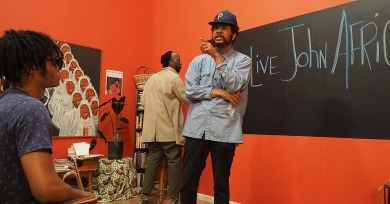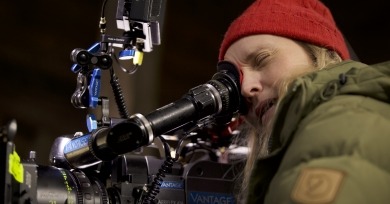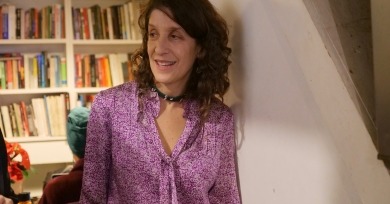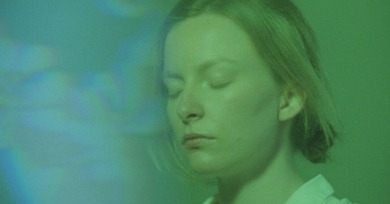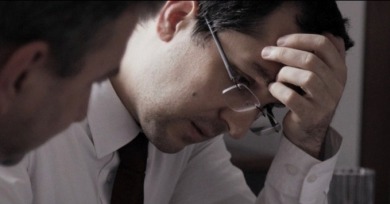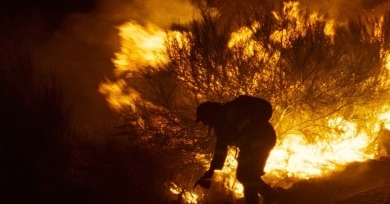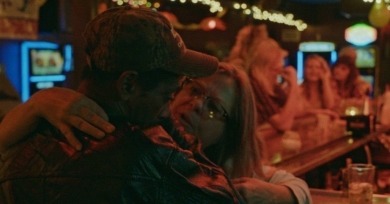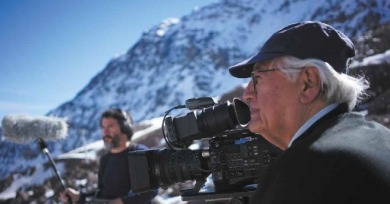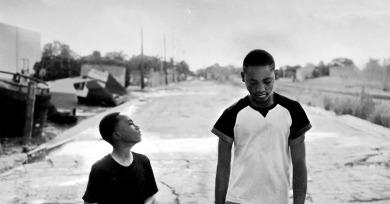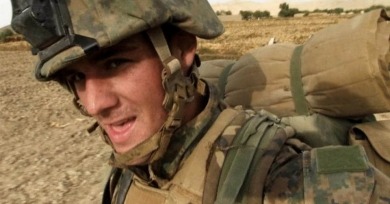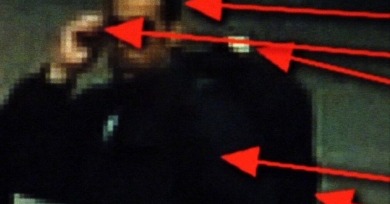Interviews
An older woman walks along Steinway Street in Astoria with a strong sense of purpose. She is shot by an unknown cameraperson who wields his lens like a sniper, tracking her as she moves. The woman periodically stops men on the sidewalk, earnestly asking benign questions that quickly becoming intensely personal.
One of the key questions of filmmaking is the distance between camera and subject, or character. Do you remember any Rembrandt pictures? The question is not about composition and lighting. Why Rembrandt is crucial for art is because he’s choosing the right scale.
For someone like me, there was not an opportunity to dream or to imagine being an artist. I came from a background where my father said I did not need to imagine art, I did not need to learn painting or music, I just needed to find a job.
Being a professor has provided me with access to how younger people think. I am in my early forties now and my students remind me of the activism I was participating in in my twenties. As I was writing the film, I was thinking about some of my students and things I had heard them say at some point on campus. It is a world that many filmmakers who do not teach do not have access to.
Being Scandinavian and all, you kind of have this steady diet of Bergman and Tarkovsky, and so seeing the world through this microcosm of two couples and breaking up those archetypes has always been interesting to me.
I bought a 16mm Bolex windup camera in 1987. And that is the camera I use. Wow. Can you think of all the cameras and cell phones and computers and laptops that each one of us has had in those intervening years? And I love that. I don't have to worry about batteries.
What was especially difficult was letting myself be guided by these unknown forces orbiting around me. It all goes back to af Klint and Kandinsky, who in their practice strived to make the unknown visible, to give visuals to things we know are there but cannot fully articulate.
"There is something going on right now, all over the world. We all feel we are all together in this. We do not really know anymore how societies function. We do not really trust that those in power are really governing in our interests."
I think there is a mystery that happens between an image and the spectator. The temple of cinema is an experience that you cannot exchange with another, or by watching films at home. The images can’t penetrate the spectator and be there for a long time.
The film, if it is about anything, is about the end of something and uncertain futures, the loss of spaces like this and the loss of those communities and the divisions between people. We had that in mind when we made it, but now it’s just so bizarrely resonant.
What is happening in Chile is related to what is going on in many other places. And I do see a parallel with the protests of the 60s. It seems the big circle of time is closing.
There is no way of escaping myself. It’s about presenting a work that is the product of a collaboration with the characters and my own learning process about people, places, their issues, and lives. It’s a middle-of-the-road picture presented by a white guy who is learning about the struggle of black America.
So many kids grow up watching Apocalypse Now and Full Metal Jacket and it is like this secret. The thousand-yard stare. You come back and have seen something beyond, and that is so alluring.
If, as the saying goes, the devil is in the details, then Chris Kennedy’s 36-minute marvel Watching the Detectives finds in that idea a working metaphor for the modern condition.
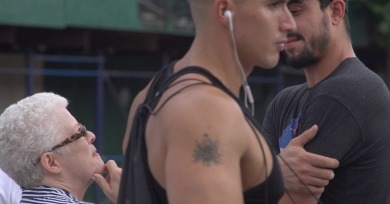

-390x204.jpg)
